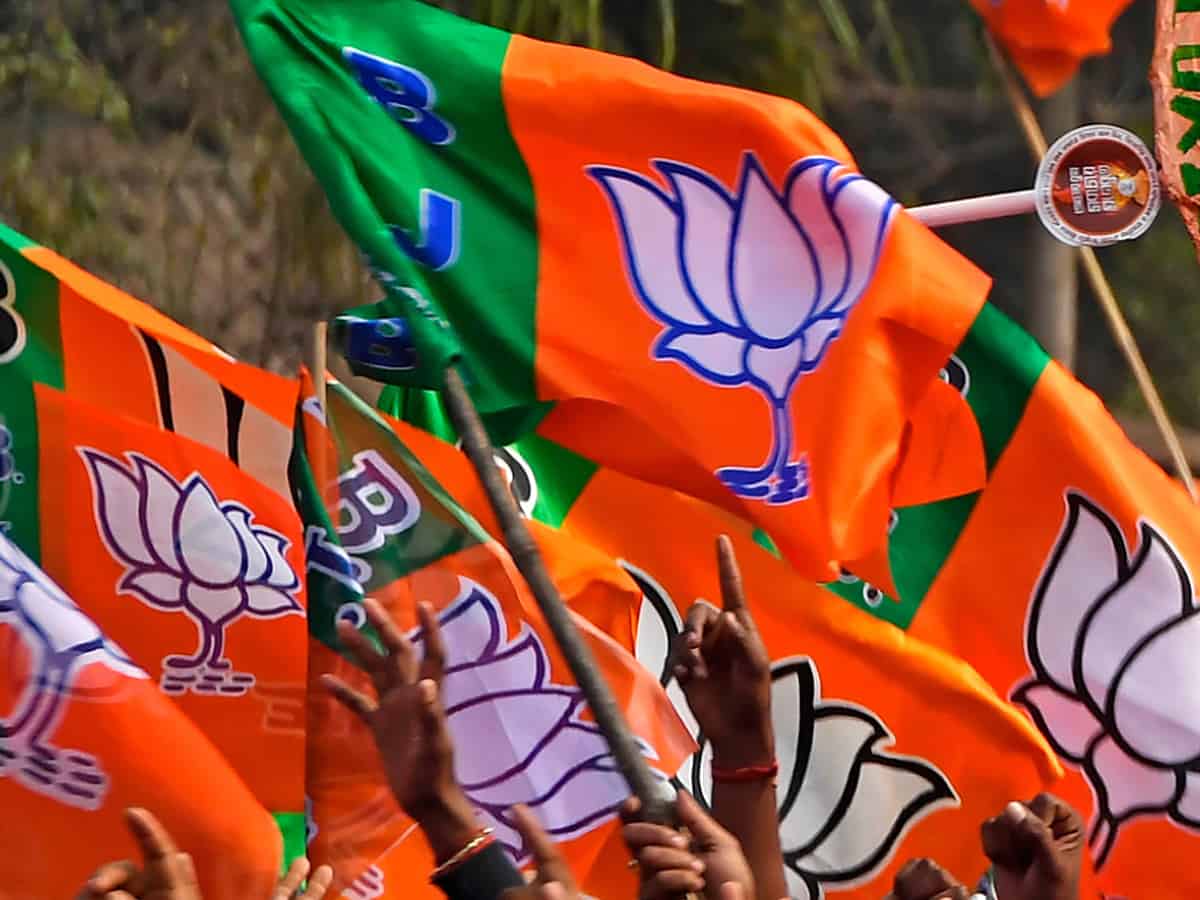
The BJP’s sweep in the Gujarat state elections earned its star campaigner and Prime Minister Narendra Modi the epithets such as “TsuNamo” and the Bahubali-like image in the Rajamouli’s blockbuster flick.
The high-decibel polling has caught the national attention as the state hosting the election is the home state of the Prime Minister and its outcome is linked to his prospects of running for the third term in the coming election. So, the Gujarati pride dominated the electioneering.
The poll outcome that delivered 153 in the 182-seat assembly to the saffron party, a record of sorts in the last 27 years of its rule, also projected Modi as an unbeatable leader in the coming national elections due in 2024 without any challenger within sight. The cheerleaders from BJP have been quick to assert that the Bahubali in Modi has decimated the opposition.
Hidden facts behind Modi’s spell
Is it true? No, it sounds exaggeration, if one dispassionately attempts searching for truth by decoding the figures in terms of vote share in comparison with the current election and the one in 2017. Deeper insights into the votes polled by the BJP and the other opposition parties also reveal that the claim of decimating the opposition is far from reality. It may be true that the division of opposition’s vote with the entry of Arvind Kejriwal’s AAP into the poll arena has immensely benefited the BJP in terms of seats. But the spike in its vote share is not in match with the number of the seats the party has gained.
More seats with less vote share
In the previous election, the BJP under the Modi leadership has registered a poor show by securing 99 seats with 49.1% vote share—the lowest ever since it came to power in 1995. But this time its tally shot up to 153 seats with a vote share close to 53%.
The Congress struggled to cross 27 % when the AAP gained 13%–together the opposition’s vote share (40%) appears to be intact, by and large, when compared with the elections in 2017. (The Congress as a principal opposition party in that election polled 41.4%).
The Narendra Modi’s Bahubali perception also brazenly proved wrong in Himachal Pradesh and Delhi municipal elections where the BJP was in ruling. AAP broke the BJP’s 15-year rule in Delhi’s municipal corporation while the Congress, against all odds, edged out the incumbent BJP in Himachal Pradesh.
Opposition singing BJP song
Will the opposition, both the Congress and the AAP, try to draw any lesson from the high-stakes polling in Gujarat by not walking into the trap laid out by the BJP and its top brass. Be it any election, the BJP, known for its appetite for Hindutva agenda, will raise some emotive issue and let the opposition walk into its trap. This is what is seen right from the last parliament elections which saw the hyper-nationalism at its peak, thanks to the surgical strikes launched by the Modi government at Balakot; or the 1999 elections that witnessed the Kargil War under the Vajpayee-led BJP government.
Back to the Gujarat elections, the BJP’s star campaigners heavily banked on its Hindutva agenda. Amit Shah, the No.2 in the Modi government, raked up the Godhra communal riots that let a state that produced an Apostle of Peace Mahatma Gandhi go in flames in 2002; One of his party’s legislators described the accused in the Bilkis Bhano’s gang rape case as “Samskari Bramhins”; and, the Ahmadabad municipal corporation under the BJP rule replaced the Gandhi’s image with the RSS’s ideological fountainhead V D Savarkar on a flyover’s pillar. It’s all part of the BJP’s game to consolidate its Hindu vote bank by conveniently keeping the undercurrents of anti-incumbency generated by its 27-year rule under wraps.
Both the Congress and the AAP sang the BJP’s song by failing to tap the anti-incumbency and instill a sense of security in the minds of the minority groups, still living with the nightmares of the Godhra riots. Kejriwal played ultra Hindutva politics hoping such a trick which he successfully played in Delhi would also work in Modi’s home turf. Rahul attacked Savarkar, saying he was a traitor who surrendered to the British, during his Bharat Jodo Yatra. Such rhetoric only helped BJP to further its emotive politics.
Parivarthan is a distant dream
The Congress and the AAP apparently failed to highlight the basic issues that confronted the Gujarat’s electorate such as rising unemployment, price rise etc. In Surath, the textile and diamond hub, the havoc wrecked by the GST and note ban, mishandling of the pandemic by the Modi government and the agrarian distress in Sourastra kept haunting the people. But none of these issues figured in the opposition’s campaign prominently. Vexed with the Opposition’s beating around the bush, the Gujarat people are craving for “parivarthan”, the change. It will be like perform or perish if the opposition fails to lend its ears to the ground realities.
